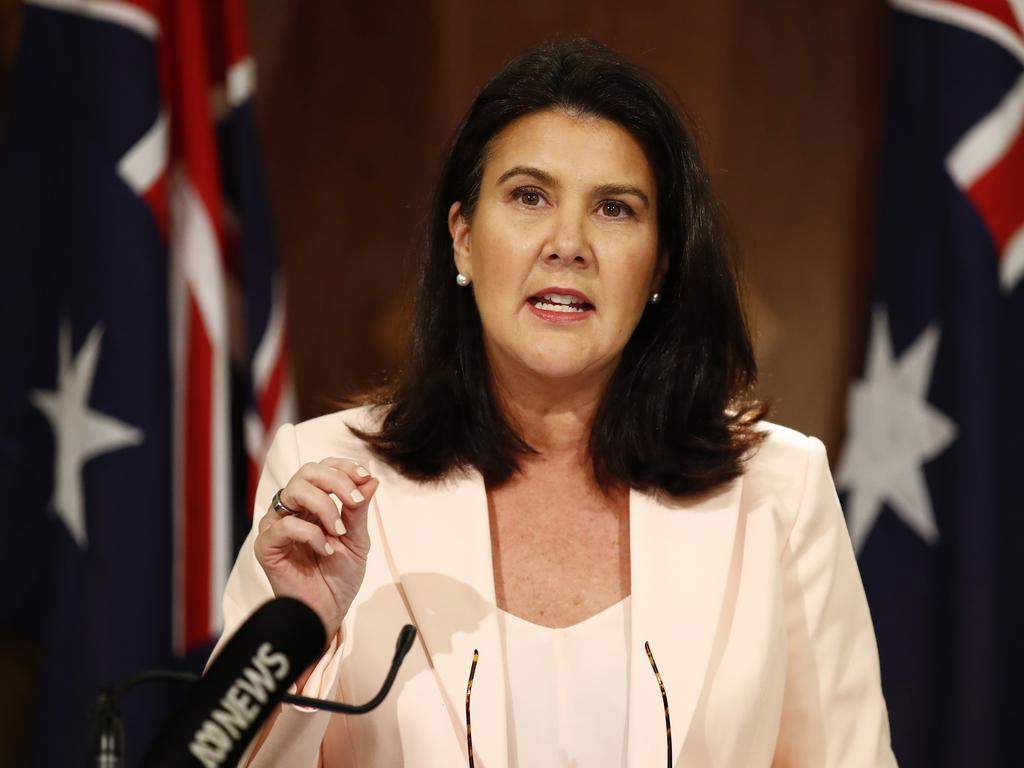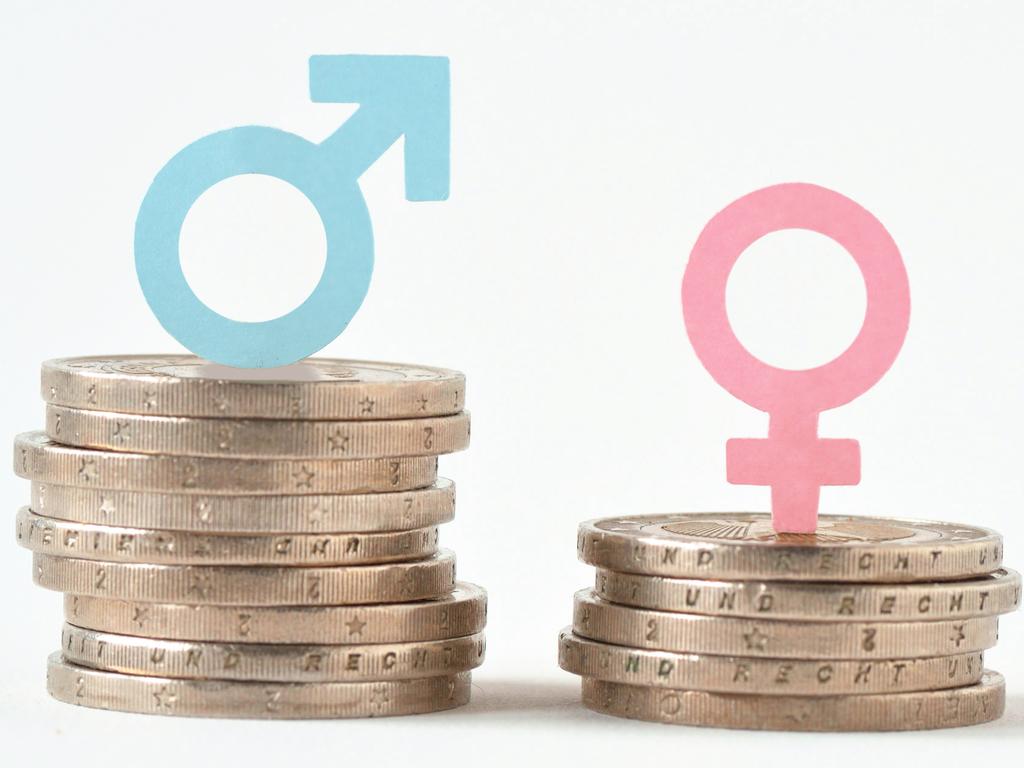‘Pink budget’ can correct super’s gender inequity, says Aware’s Deanne Stewart
Aware Super CEO Deanne Stewart has called on the government to deliver a ‘pink budget’ to deliver more economic benefits for women.
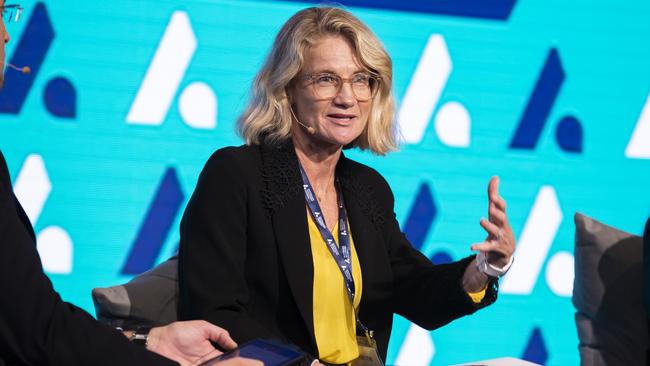
The chief executive of the $140bn Aware Super fund, Deanne Stewart, has called on the federal government to deliver a “pink budget” in May which would deliver more economic benefits for women including a better deal on superannuation and more affordable childcare.
“Last year’s budget was a ‘blue’ budget, but hopefully this year’s will be a ‘pink’ budget,” she said in an interview with The Australian.
She said last year’s budget was seen as delivering benefits for men including more funds for apprenticeships and the construction industry.
The May budget should deliver more economic benefits for women, she said, including a better deal on super, and more financial assistance for childcare as well as more funding for affordable housing.
Ms Stewart welcomed last week’s appointment of Superannuation and Financial Services Minister Jane Hume, as the minister in charge of improving women’s economic security.
Some 70 per cent of Aware Super’s 1.1 million members are women, including nurses, medical workers, police, social workers and other public servants.
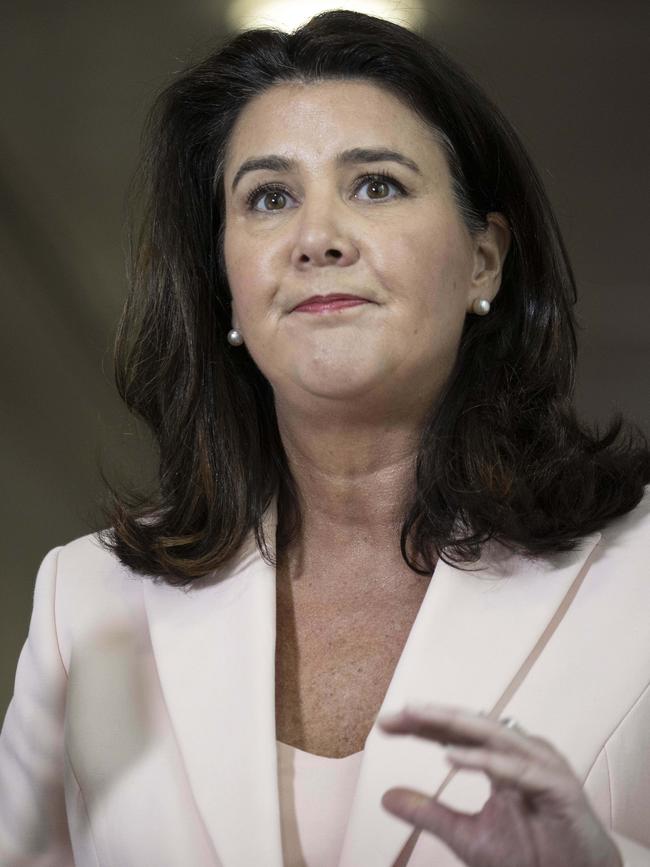
Ms Stewart said a recent survey by Aware Super, one of Australia’s largest funds, which was formed last year from the amalgamation of First State Super, Vic Super and WA Super, had shown that women were far more worried about their long-term economic security than men.
“I was shocked at the stark difference in the responses of men and women,” she said.
“Nearly two-thirds of women believed they wouldn’t have enough to retire on and have a comfortable retirement with financial security, whereas two-thirds of the men believed they would have enough,” she said.
“There was a complete contrast in how women were feeling about retirement. There is a real sense of underlying gender inequality in how people are feeling about their future.”
She said the survey showed that more than three in five Australian women were worried that they would run out of money during their retirement with nearly 40 per cent believing they would need to rely on their family to help fund the shortfall.
Almost three-quarters believed that improving access to and the affordability of childcare would improve retirement outcomes for women.
More than 25 per cent of the women surveyed were very worried they would not have anywhere to live in retirement.
She said this was also in line with evidence showing there had been an “alarming” increase in the number of single older women becoming homeless.
“There is a real sense of vulnerability in women, particularly those who were single or had been divorced or were separated,” she said.
Ms Stewart said the government should include measures in the budget such as extending the super guarantee to parents’ leave payments and removing the $450-a-month minimum wage threshold for the mandatory payment of super.
“These are two things the government could do which would help immediately,” she said.
She said the $450-a-month threshold discriminated against women as many had several low-paid part-time jobs which meant they didn’t get any super.
“The $450-a-month threshold impacts women way more than men.”
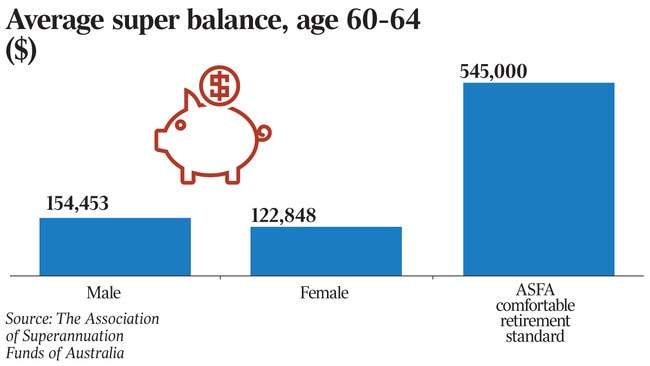
She said it was important the super guarantee was also extended to paid parental leave.
It was when women took time out of the paid workforce to care for children or families that the income gap between men and women began.
She said it was also important that the budget introduced more measures to assist women including making childcare more affordable and more measures to fund affordable housing projects.
There should also be more assistance in the budget to improve the pay of workers in childcare and aged-care facilities.
She said older women who didn’t own their own home were some of the most vulnerable people in Australian society.
Aware Super is one of several industry super funds investing directly in affordable housing.
The fund has put $500m into affordable housing projects in Sydney and Melbourne for essential workers such as teachers, nurses, emergency service workers and social workers.
It has secured access to four sites in Sydney — in the suburbs of Miranda, Epping, Waterloo and Hurstville — as well as Moonee Ponds in Melbourne to develop five housing projects with a total of 234 affordable housing units for key workers.



